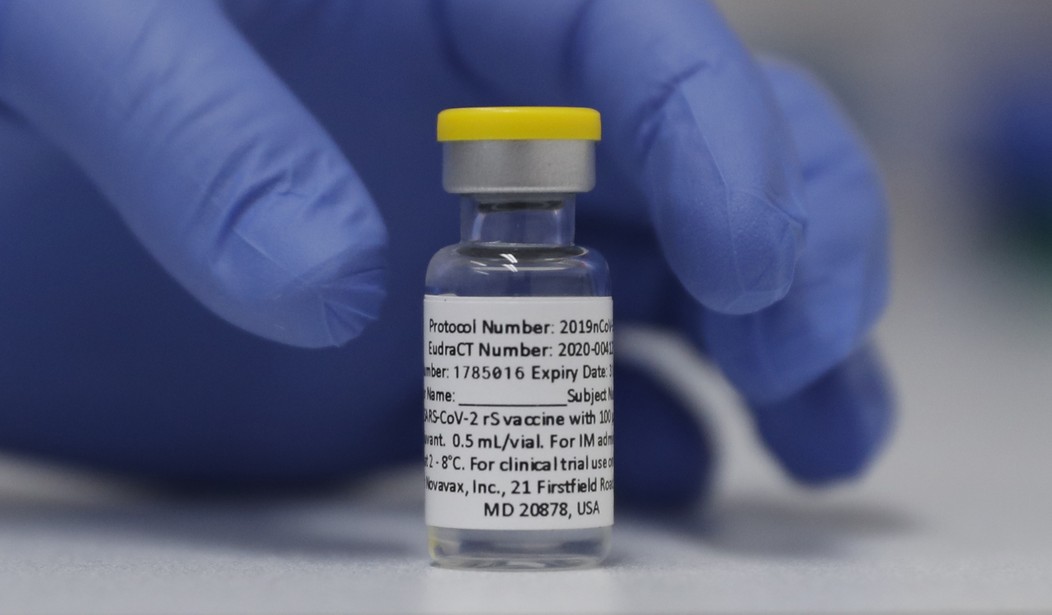A study released Friday by the U.S. Centers for Disease Control and Prevention shows that the booster shots of the Pfizer-BioNTech and Moderna vaccine lose substantial effectiveness after about four months but still provide protection against hospitalization.
According to the study, researchers found that boosters were effective against cases of moderate and severe COVID-19 for two months after the dose. The effectiveness dropped by the fourth month after the booster dose. But, the booster shots still provided protection in keeping people out of hospitals during the Delta and Omicron variant surge.
The booster was 91 percent effective in preventing a vaccinated person from COVID-19 hospitalization the first two months after receiving their booster shot. Four months after getting boosted, protection dropped to 78 percent.
The study found that trips to urgent care and emergency departments fell from 87 percent in the first two months after getting boosted to 66 percent after four months. After more than five months after receiving the booster, protection dropped to 31 percent.
The study analyzed hospitalizations and emergency room and urgent care visits from 10 states from Aug. to Jan. 22, 2022. This span covers when Delta and Omicron were dominant. In the study, over 50 percent of people hospitalized were over 65 years old. 10 percent were boosted.
Recommended
The Washington Post noted that “the report did not evaluate the variations in waning immunity by age, underlying health conditions, or a person’s immunocompromised status.”
The study suggested that more boosters may be needed in the future.
"These findings underscore the importance of receiving a third dose of mRNA COVID-19 vaccine to prevent both COVID-19–associated [emergency department and urgent care] encounters and COVID-19 hospitalizations among adults. The finding that protection conferred by mRNA vaccines waned in the months after receipt of a third vaccine dose reinforces the importance of further consideration of additional doses to sustain or improve protection against COVID-19–associated [emergency department and urgent care] encounters and COVID-19 hospitalizations," the study stated.
"All eligible persons should remain up to date with recommended COVID-19 vaccinations to best protect against COVID-19–associated hospitalizations and ED/UC visits,” it added.
On Wednesday, Dr. Anthony Fauci, President Biden’s chief medical adviser, said during a White House COVID-19 briefing that decisions surrounding boosters would depend on “efficacy in preventing, for example, hospital visits, as well as hospitalizations.”
In September, two top U.S. Food and Drug Administration vaccine regulators, Dr. Marion Gruber and Dr. Philip Krause, departed their roles due to the Biden administration’s push for booster shots for the general public. In an article titled “Considerations in boosting COVID-19 vaccine immune responses,” Krause and Gruber, as well as other doctors, argued that “current evidence does not, therefore, appear to show a need for boosting in the general population, in which efficacy against severe disease remains high,” and that “the currently available evidence does not show the need for widespread use of booster vaccination in populations that have received an effective primary vaccination regimen.”

























Join the conversation as a VIP Member